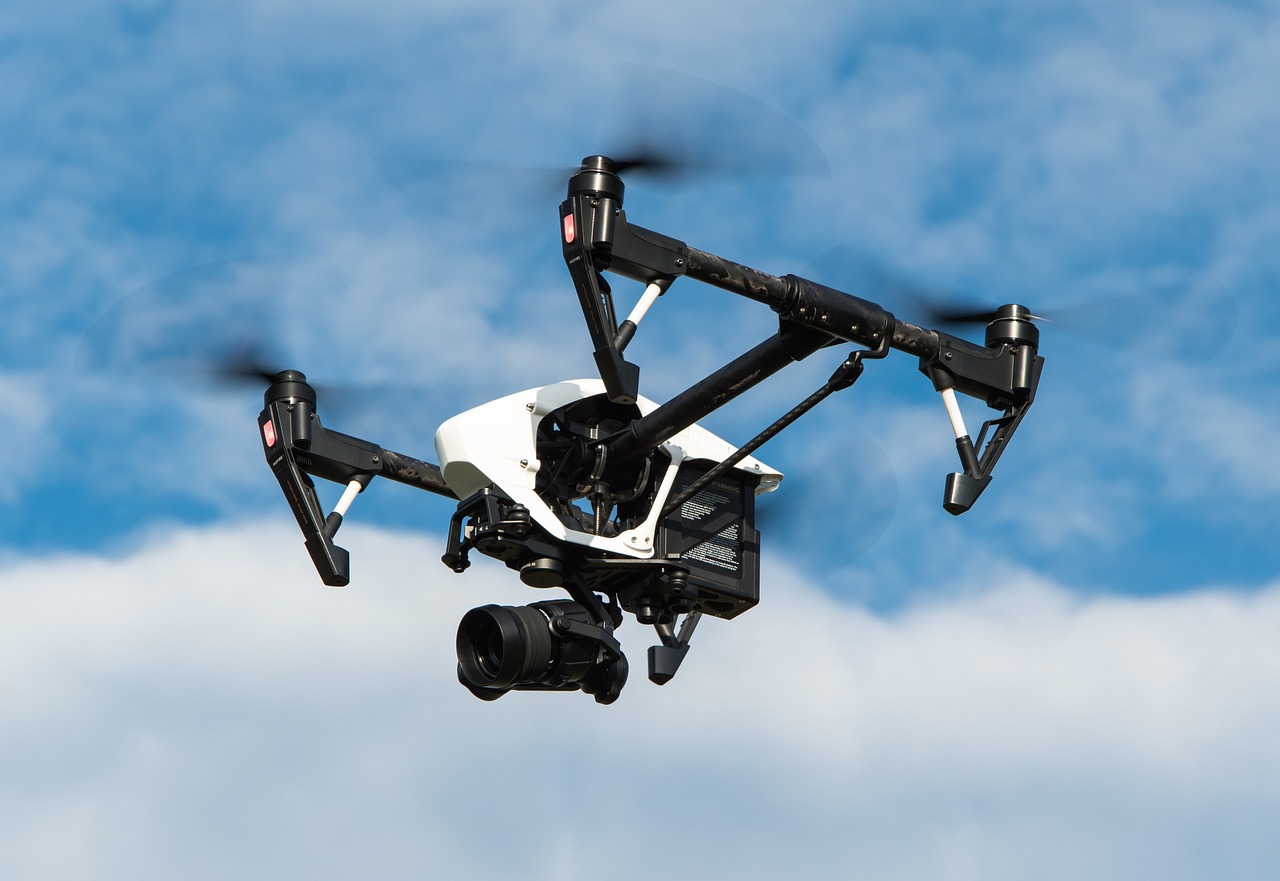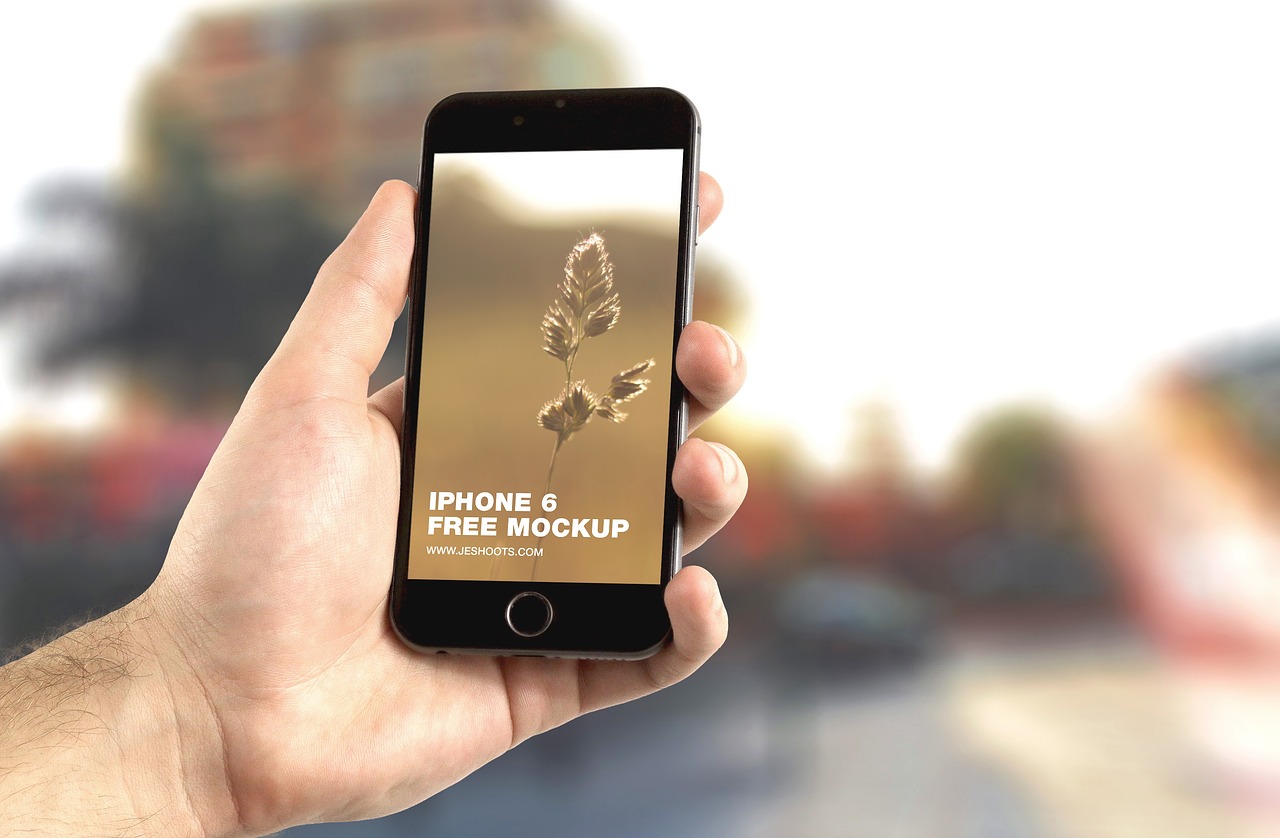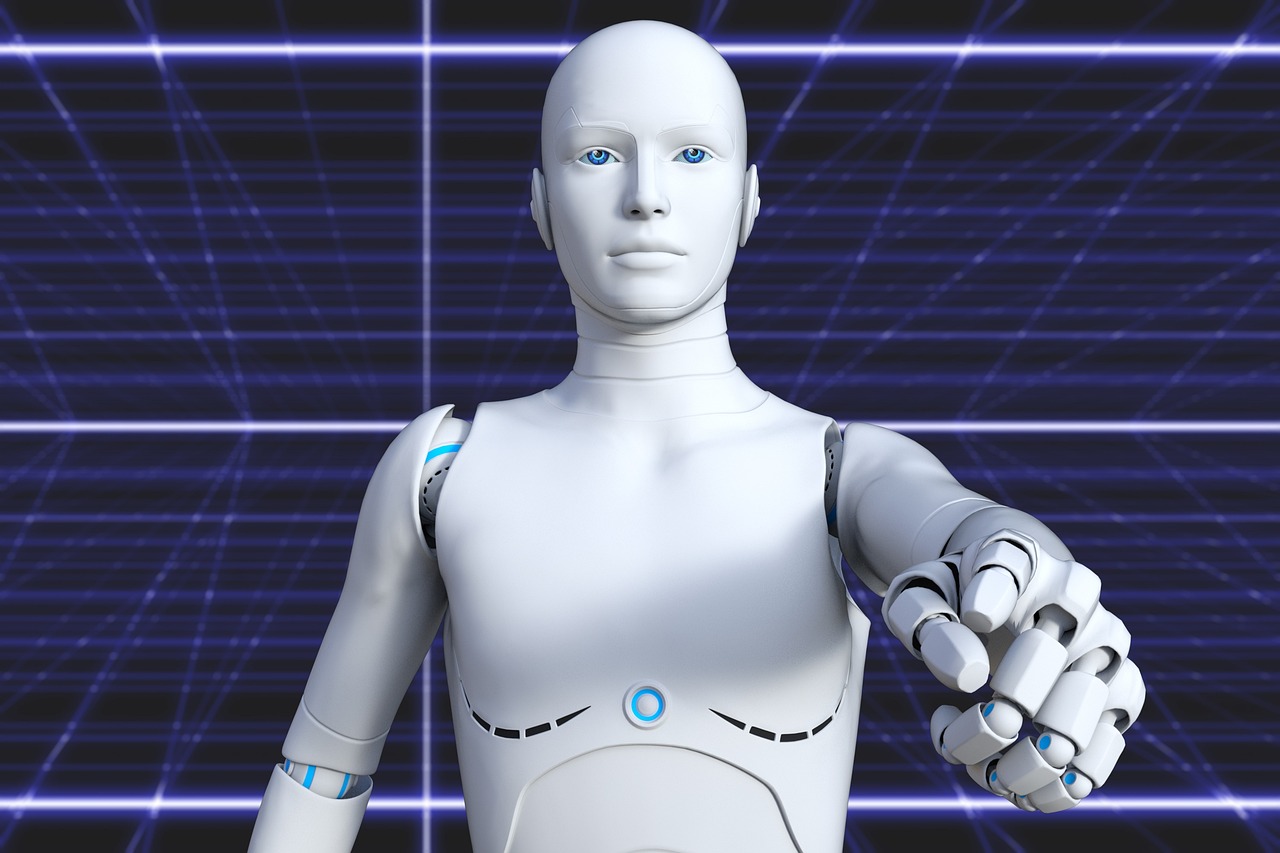How Technology is Enhancing Travel Safety and Health
Technology has revolutionized the way we approach travel safety and health measures, offering innovative solutions that prioritize the well-being of travelers worldwide. From biometric screening to robotic assistance, the integration of advanced technologies has significantly enhanced the overall travel experience, ensuring a more secure and healthy journey.
One of the key advancements in travel safety is the implementation of biometric screening technologies. By utilizing facial recognition and fingerprint scanning, security checks have become more efficient and accurate, streamlining the passenger identification process. This not only enhances security measures but also expedites the boarding process, reducing wait times and improving overall travel experiences.
Moreover, the introduction of health monitoring apps has empowered travelers to take control of their well-being while on the go. These mobile applications track health metrics, offer medical advice, and provide real-time updates on health-related risks in specific travel destinations. By staying informed and proactive, travelers can make informed decisions to ensure their health and safety throughout their journey.
Another technological innovation that has transformed travel safety is the development of smart luggage. By incorporating GPS tracking, remote locking mechanisms, and weight sensors, smart luggage helps prevent loss and theft, providing travelers with peace of mind. Additionally, these features ensure smoother travel experiences by offering convenience and security in handling luggage.
Furthermore, the integration of robotic assistance in airports and hotels has redefined hygiene standards and reduced human contact. Robots are now utilized for tasks such as cleaning, disinfecting, and delivering items, minimizing the risk of contamination and enhancing overall cleanliness. By leveraging robotic technology, the travel industry has prioritized health and safety in high-traffic areas.
Virtual reality training has emerged as a game-changer in preparing travel staff for emergency situations. By simulating realistic scenarios, virtual reality training enhances response times and equips employees with the necessary skills to handle critical incidents effectively. This proactive approach to training ensures that staff members are well-prepared to address any safety concerns that may arise during travel.
Moreover, the implementation of blockchain technology for health records has revolutionized the way travelers' medical information is stored and shared. By securely encrypting health records on a decentralized platform, blockchain ensures quick access to critical medical data in case of emergencies, enabling healthcare providers to deliver timely and efficient care to travelers in need.
Artificial intelligence has also played a significant role in enhancing travel safety through the creation of AI-powered chatbots. These intelligent virtual assistants provide instant customer support, offer information on safety protocols, and address health-related queries during travel. By leveraging AI technology, travelers can access real-time assistance and guidance, ensuring a seamless and secure travel experience.
Furthermore, the utilization of drone surveillance has bolstered security measures in tourist destinations. Drones are employed for surveillance purposes to monitor crowded areas, enforce safety regulations, and ensure compliance with health protocols. By leveraging aerial surveillance, authorities can proactively identify potential risks and maintain a safe environment for travelers and locals alike.
Lastly, the integration of smart health wearables has transformed health monitoring capabilities during travel. These wearable devices track vital signs, detect early signs of illness, and provide alerts to travelers, enabling proactive health management while on the move. By leveraging wearable technology, travelers can prioritize their well-being and take preventive measures to stay healthy throughout their journey.

Biometric Screening
Biometric screening is revolutionizing the travel industry by incorporating advanced technologies like facial recognition and fingerprint scanning. These innovative methods are not only expediting security checks but also significantly enhancing the accuracy of passenger identification processes. Imagine a seamless journey through airports where your face or fingerprint is your boarding pass, eliminating the need for physical documents and minimizing the risk of identity fraud. This cutting-edge approach to security is reshaping the way we travel, making it more efficient and secure.

Health Monitoring Apps
Health monitoring apps have revolutionized the way travelers manage their well-being while on the go. These innovative applications leverage the power of technology to provide users with valuable insights into their health status and potential risks they might encounter during their journeys. By simply downloading an app on their smartphones, travelers can access a wealth of information ranging from personalized health recommendations to real-time updates on health-related issues in specific travel destinations.
One of the key features of these health monitoring apps is their ability to track various health metrics, such as heart rate, sleep patterns, and activity levels, allowing users to stay informed about their overall well-being. Additionally, these apps offer medical advice based on the user's health data, helping them make informed decisions about their health while traveling.
Moreover, health monitoring apps play a crucial role in alerting travelers to potential health risks in specific destinations. By analyzing data from various sources, including local health authorities and international organizations, these apps can provide users with up-to-date information on disease outbreaks, natural disasters, and other health-related concerns, enabling them to take necessary precautions and stay safe during their travels.
Furthermore, these apps serve as a valuable tool for travelers seeking medical assistance abroad. With features that allow users to locate nearby hospitals, clinics, or pharmacies, as well as access emergency contact numbers and medical translation services, health monitoring apps ensure that travelers can quickly and efficiently address any health-related issues they may encounter during their trips.
In conclusion, health monitoring apps have become indispensable companions for modern-day travelers, offering a seamless way to monitor and manage their health while exploring the world. By harnessing the capabilities of technology, these apps empower individuals to prioritize their well-being and enjoy safer, healthier travel experiences.

Smart Luggage
Smart luggage has revolutionized the way travelers interact with their belongings, providing a seamless and secure experience throughout their journey. By incorporating advanced technologies such as GPS tracking, remote locking mechanisms, and weight sensors, smart luggage offers a range of features that go beyond traditional suitcases.
One of the key benefits of smart luggage is its ability to prevent loss and theft. With GPS tracking capabilities, travelers can easily locate their bags in case of misplacement or theft, providing peace of mind and reducing the stress associated with lost luggage. Additionally, the integration of remote locking mechanisms allows passengers to secure their belongings with a simple tap on their smartphone, adding an extra layer of security.
Moreover, smart luggage with weight sensors helps travelers avoid overweight baggage fees by accurately measuring the weight of their belongings. This feature not only saves time and money but also ensures a smoother travel experience without the hassle of repacking at the airport.
Furthermore, the convenience offered by smart luggage extends to its compatibility with mobile apps, allowing users to receive real-time updates on their bag's location and status. This seamless integration of technology enhances the overall travel experience, making it more efficient and stress-free for travelers.
In conclusion, smart luggage is a game-changer in the travel industry, combining innovation and practicality to meet the evolving needs of modern travelers. With its advanced features and smart functionalities, smart luggage is not just a travel accessory but a companion that ensures a secure and hassle-free journey.

Robotic Assistance
Robotic assistance has revolutionized the travel industry by introducing cutting-edge technology to enhance safety and hygiene standards. Imagine walking into an airport and being greeted by a robot efficiently sanitizing the premises, delivering items to guests, or even providing information in multiple languages. These robots are not just a futuristic fantasy but a reality in many airports and hotels around the world.
With the integration of robots in various travel facilities, tasks that traditionally required human intervention, such as cleaning and disinfecting, are now efficiently handled by robotic assistants. This not only reduces the risk of human-to-human contact but also ensures a higher level of cleanliness and hygiene. Additionally, robots are being utilized to deliver items to guest rooms, minimizing unnecessary interactions and enhancing overall guest experience.
Moreover, robotic assistance plays a crucial role in ensuring compliance with health protocols. By constantly monitoring and disinfecting high-touch areas, robots contribute to maintaining a safe environment for travelers. Their ability to operate autonomously and follow strict guidelines makes them ideal for upholding hygiene standards in crowded spaces like airports and hotels.

Virtual Reality Training
Virtual Reality (VR) training has revolutionized the way travel staff are prepared for emergency situations. Imagine being able to immerse yourself in a simulated scenario where you can practice responding to various crises without any real-world consequences. This technology not only enhances the effectiveness of training but also boosts confidence levels among employees, ensuring they are well-equipped to handle unexpected events with precision and composure.

